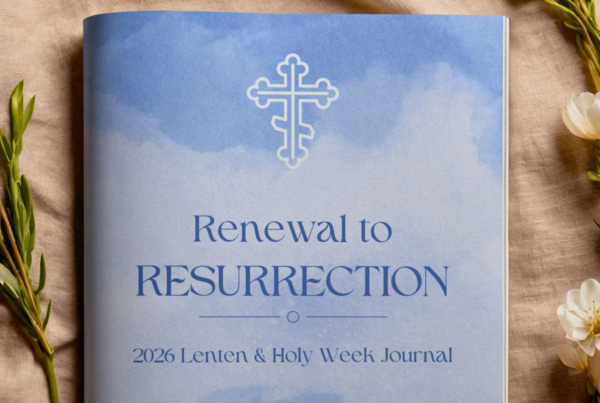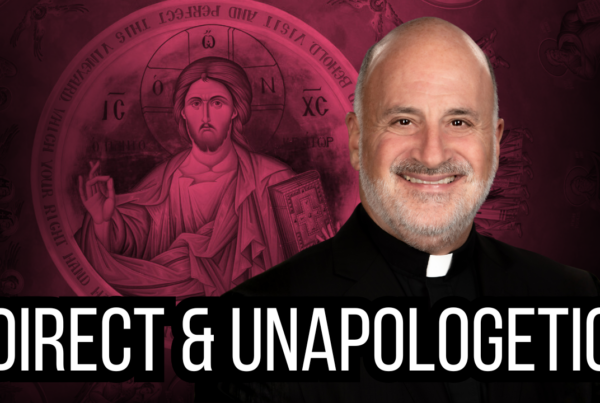Brothers and sisters in Christ, today’s Gospel gives us one of the clearest and most difficult lessons of the Christian life: forgiveness.
Jesus tells us of a king who forgives his servant an impossible debt—ten thousand talents, more than a lifetime of wages. But that same servant refuses to forgive a fellow servant who owes him only a hundred denarii. Out of anger, the king hands him over to punishment. And Christ ends with a warning: “So also my heavenly Father will do to every one of you, if you do not forgive your brother from your heart.”
Let us reflect on three simple points:
- God’s mercy toward us is beyond measure.
- What others owe us is small by comparison.
- To refuse forgiveness is to cut ourselves off from God.
God’s Mercy Is Beyond Measure
The servant’s debt was enormous—ten thousand talents, more than anyone could repay. This is an image of our sin before God. Each of us carries debts of pride, anger, selfishness, and countless failures. No amount of effort could repay it.
And yet, the king forgives. Out of compassion, he cancels the debt entirely.
This is what God has done for us. Every time we come in repentance, He forgives—not grudgingly, but freely, abundantly, and completely.
When we say “Lord, have mercy” in the Liturgy, we are not begging a reluctant master. We are calling on the God who delights to forgive, who loves to show mercy.
If we begin here—if we remember the greatness of God’s mercy toward us—our hearts will be ready to show mercy to others.
What Others Owe Us Is Small by Comparison
The fellow servant owed only a hundred denarii—a fraction of the first debt. It was still real, still painful, but it was nothing compared to what had just been forgiven.
This is the perspective Christ wants us to keep. The wrongs others do to us are not imaginary; they can wound deeply. But they are small compared to the mercy God has already poured out on us.
That is why we pray in the Lord’s Prayer: “Forgive us our trespasses, as we forgive those who trespass against us.” The two go together. To receive mercy is to extend it.
And we have the supreme example of Christ Himself: betrayed, beaten, crucified—and yet He prayed, “Father, forgive them.” If the sinless Son of God forgave His enemies, how can we, forgiven sinners, refuse to do the same?
Forgiveness does not excuse the wrong. It does not say what happened was fine. Forgiveness releases the debt. It frees the offender, yes—but it also frees us.
Withholding Forgiveness Destroys Us
The parable ends with a warning. The servant who refused to forgive was thrown into prison.
This is what happens to us when we hold onto anger. Resentment is a prison. Bitterness eats away at us from the inside. Hatred separates us from God.
Unforgiveness does not punish the other person nearly as much as it poisons our own souls.
Christ is very clear: “So also my heavenly Father will do to you, if you do not forgive your brother from your heart.” Forgiveness is not optional in the Christian life—it is essential.
It may not be easy. Some wounds cut very deep. But forgiveness begins with a choice: to release the debt, to lay the burden before God, and to ask His grace to heal what we cannot heal on our own.
Conclusion
Beloved, the parable of the unforgiving servant is not just a story—it is a mirror.
God’s mercy toward us is infinite.
The debts others owe us, though real, are small in comparison.
To withhold forgiveness is to imprison ourselves and lose the mercy of God.
Let us therefore forgive as we have been forgiven. Let us lay down bitterness, release the debts of others, and live in the freedom of God’s mercy.
And may we always remember, when we pray, “Forgive us our trespasses, as we forgive those who trespass against us,” that we are speaking the truth not only with our lips, but with our hearts.
To our merciful Lord Jesus Christ, be all glory, honor, and worship, now and forever. Amen.





